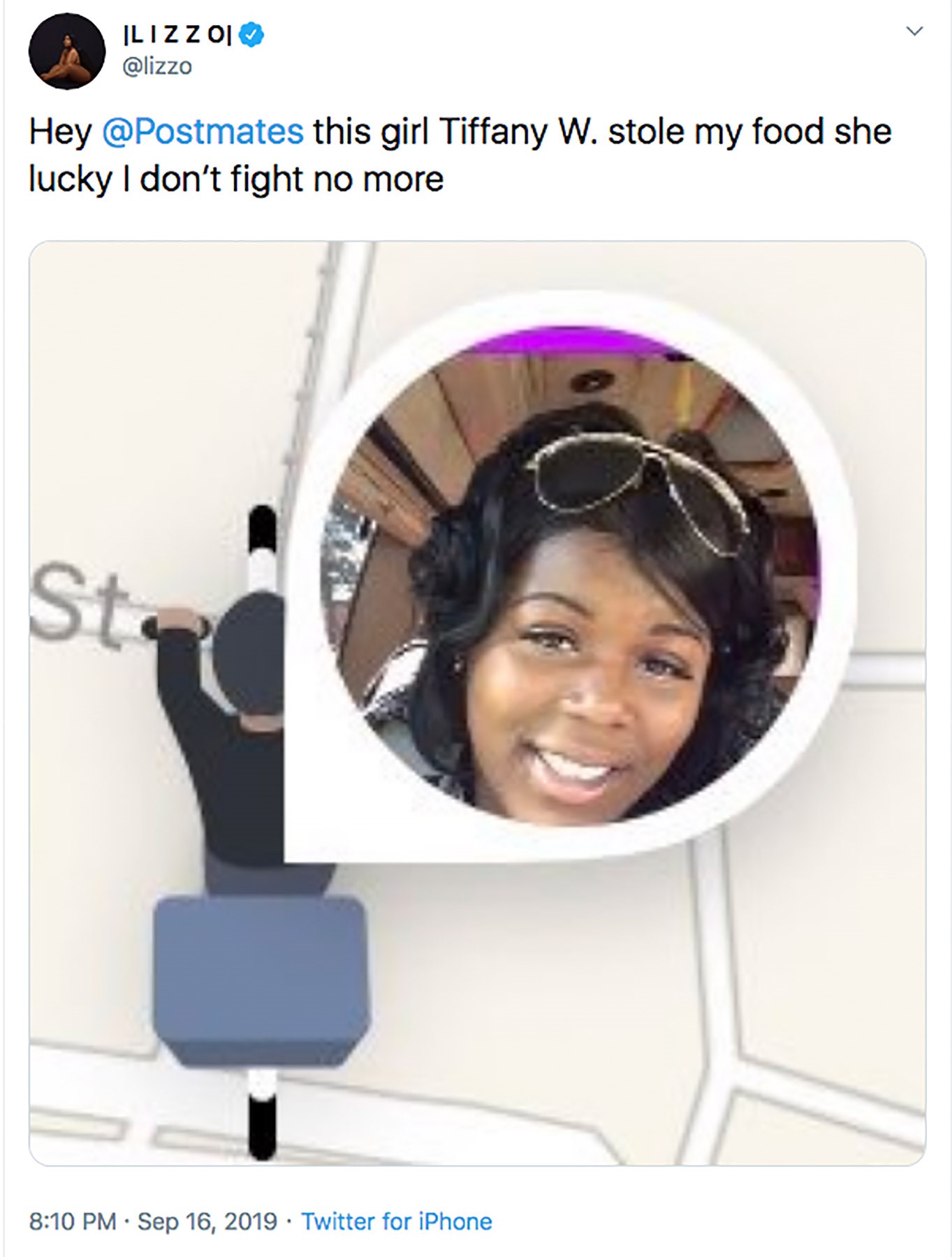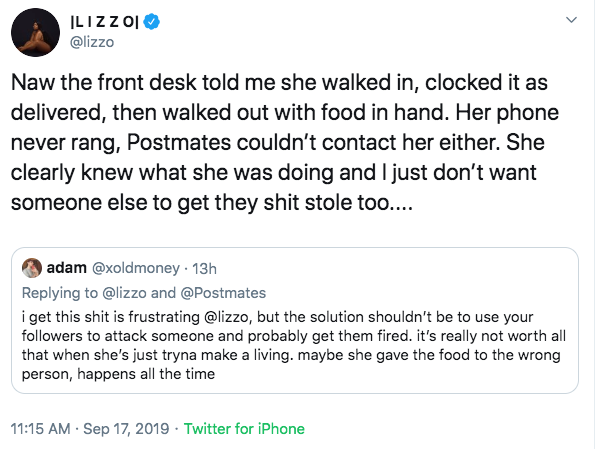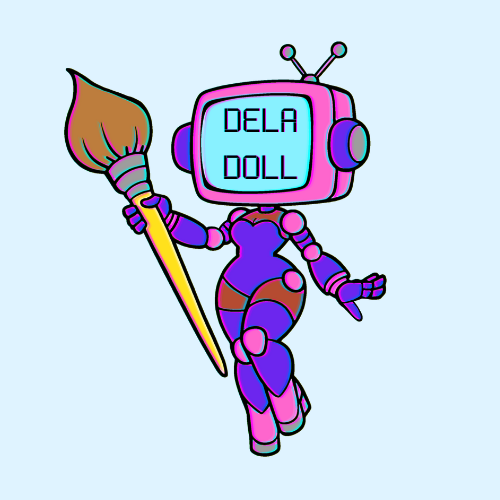Recently, best-selling YA author Sarah Dessen, has been on the receiving end of backlash and criticism concerning what can only be described as abuse of her large platform and considerable influence. Dessen stumbled across an article in which Brooke Nelson, a 2017 college graduate from Northern State University, was quoted saying,
“She’s fine for teen girls,” Nelson opined. “But definitely not up to the level of Common Read. So I became involved simply so I could stop them from ever choosing Sarah Dessen.”
For context, Nelson was stating that she didn’t feel Dessen’s work was up to par when it came to being selected as required reading for college students at Northern State University. Instead, she felt that the book selected should focus on “relevant social issues.” In her own words, “I followed my evaluation of Sarah Dessen’s work with a rationale advocating for three other books that I felt better addressed relevant social issues: Just Mercy by Bryan Stevenson, Breath, Eyes, Memory by Edwidge Danticat, and When Breath Becomes Air by Paul Kalanithi.”
Dessen did not include Nelson’s rationale when she decided to post Nelson’s quote to her Twitter account, which boasts nearly 270,000 followers. Instead, she only included the first portion of Nelson’s quote in a screenshot, accompanied by the text “Authors are real people. We put our heart and soul into the stories we write often because it is literally how we survive in this world. I’m having a really hard time right now and this is just mean and cruel. I hope it made you feel good.”
Several other notable and influential figures in the literary world rushed to Dessen’s defense. Best-selling author Siobhan Vivian referred to Nelson as a “fucking bitch” in one tweet. Roxane Gay declared Nelson a “nemesis” and Jodi Picoult wrote a series of tweets in which she says “Not only does it suck because because @sarahdessen is one of the loveliest women you’ll ever meet, but because this implies something more sinister.”
All of these best-selling authors are verified on Twitter, and all of them have large and loyal followings. They wield considerable amounts of power on their own, so it is unsurprising that their combined efforts to dogpile onto a recent college graduate with comparatively less power to online harassment so severe that Nelson ended up leaving social media altogether, deactivating both her Twitter and Facebook accounts for her own safety and mental/emotional well being. Dessen and her peers essentially joined forces and mobilized their fans against a single person with a valid criticism of Dessen’s work. They abused their platforms to silence a single critic for a quote that was far from cruel, engaging in blatant online harassment without a single consideration for the damage they could have (and did) cause.
Dessen and her peers who participated in cyber-bullying Nelson received backlash from the general public, fellow authors, and journalists. Journalist Hillary Kelly summed up much of the criticism in her tweet addressing the matter:
https://twitter.com/HillaryKelly/status/1194737527556583425?s=20
Eventually, two days after the initial tweet attacking Nelson, Dessen issued a brief apology in which she failed to address Nelson by name, nor does she make any effort to address exactly how she plans to “do better” or what measures she will take (if any) to right the situation.
https://twitter.com/sarahdessen/status/1195431073892749315?s=20
Insufficient apology aside, this sort of incident is neither new or surprising. In fact, as an avid Twitter user myself, I’ve seen other celebrities respond poorly to criticism, creating situations similar to that of Dessen and Nelson’s. In April of this year (2019), singer Ariana Grande dismissed critics as a whole in a tweet, referring to them collectively (and quite ignorantly) as “everybody that works at all them blogs”:
people are so lost. one day everybody that works at all them blogs will realize how unfulfilled they are and purposeless what they’re doing is and hopefully shift their focus elsewhere. that’s gonna be a beautiful ass day for them! i can’t wait for them to feel lit inside. ✨🌫🌑
— Ariana Grande (@ArianaGrande) April 24, 2019
The tweet, which attempts to downplay the importance and necessity of culture critics and constructive criticism, set off many a writer, one of whom ended up on the receiving end of backlash from Ariana’s fans. Writer Roslyn Talusan responded to Grande’s tweet in a series of her own, defending writing and blogging as a legitimate craft, as well as pointing out the singer’s use of cultural appropriation and inability to see the value in legitimate criticism:
you fucking realize bloggers/writers are creators, right?
— roslyn 🇵🇸🇵🇸🇵🇸 (@roslyntalusan) April 24, 2019
just because we don’t sing or dance shitty choreo or culturally appropriate for profit doesn’t make our craft any less valid. suck on my balls. https://t.co/Dh3K7FvEfZ
Talusan was threatened with murder and rape, as well as hit with a slew of overtly racist and sexist tweets and private messages from fans looking to defend Grande. For her part, Grande eventually reached out to Talusan via private message and proceeded to apologize on their behalf. However, the singer went on to undermine her own apology, stating that while she didn’t “love that type of behavior”, she felt that her fans were simply being “upset and passionate,” both trivializing the severity of their actions and attempting to justify them. Further weakening her apology, Grande refused to publicly denounce or attempt to quell the abhorrent behavior of her fans, despite Talusan’s request that she make some effort to do so, providing multiple examples of the harassment she was receiving.
however, her reaction to being shown the kind of shit her fanbase is sending me is gaslighting and disappointing. it’s made me lose further respect for her.
— roslyn 🇵🇸🇵🇸🇵🇸 (@roslyntalusan) April 25, 2019
dismissing harassment, rape threats, and death wishes as being “upset and passionate” is disgusting. pic.twitter.com/rCsJMXv55n
In yet another instance of a celebrity wielding Twitter as a weapon against an individual with considerably less power, Lizzo, singer and songwriter of the popular song “Truth Hurts” decided to use to her platform to punish a Postmates delivery driver who she incorrectly believed stole her order.

This is interesting for a few reasons. One reason is that Lizzo chose to publicly address this situation, tagging the official Postmates Twitter account, rather than using the private “report” function that Postmates offers for customer complaints and delivery issues. I suspect that this was intentional, because Lizzo is aware of the power of celebrity, and she assumed this would get the attention of a Postmates representative faster than contacting customer service would. Another reason why Lizzo’s decision sticks out is because she knowingly and willfully posted personally identifiable information of the delivery driver, making sure to include her first name, last initial, and a screenshot featuring a closeup the driver’s picture. Because of this, it was easy for Lizzo’s fans to identify the girl, leading to threats of physical injury and online harassment. Some fans and other users on Twitter attempted to reason with the singer, stating that this was a poor way to go about handling the issue, as she put the driver’s safety at risk. Lizzo initially responded to such feedback by being dismissive and doubling down on her decision to throw a stranger to 1 million wolves.

Lizzo eventually deleted the tweet and apologized on Twitter the following day. While she acknowledged that her actions could have put Tiffany Wells (the driver) in danger, her apology was not addressed directly to Wells, nor did she address the possibility that there was never any theft at all. Like Dessen and Grande,
I apologize for putting that girl on blast. I understand I have a large following and that there were so many variables that could’ve put her in danger. Imma really be more responsible with my use of social media and check my petty and my pride at the door. 🥺
— FOLLOW @YITTY (@lizzo) September 17, 2019
The driver, who is now suing Lizzo, stated that she spent 10 minutes trying to contact the singer and was unable to reach her. Postmates has a policy in which delivery personnel are supposed to leave after 5 minutes of unsuccessfully trying to reach a customer. She was in shock after receiving messages from friends and family, who informed her that the singer had publicly accused her of theft and plastered her name and image onto the internet. She stated that she felt her safety had been compromised and was afraid to leave her home or continue being employed by Postmates as a result, in fear that someone would recognize and harm her.
In Lizzo’s case, I feel that she knew exactly what would happen in terms of the swift response from Postmates, as well as the vilifying and harassment of Wells. I also feel this is the case with Dessen, because although she didn’t publicly post Brooke Nelson’s name, it takes a 2 second google search to identify who the speaker in her screenshot was. Not only that, but Dessen made sure to encourage those who called Nelson “a raggedy ass fucking bitch” and continued to fan the flames of the harassment by liking and responding to their (now deleted) tweets.
https://twitter.com/lactaidpopper/status/1195219371939057664?s=20
really something to behold here: pic.twitter.com/twHqJyEW9h
— bradley babendir (@therealbradbabs) November 13, 2019
Like Lizzo, Dessen initially ignored and dismissed those her criticized and pointed out the harm she was doing in irresponsibly using her platform to facilitate harassment, and then offered an apology that was ultimately insufficient. In Grande’s case, she went a step further and attempted to downplay and justify the actions of her fans, essentially nullifying her own apology by turning it into a “sorry, not sorry” statement of sorts, and pretending that she doesn’t actually have any power over her fans. Grande’s lack of willingness to own up to the fact that she could have easily curtailed her fans’ behavior with a definitive public statement condemning the threats and calling for them to leave Talusan alone is absurd. Dessen’s wildly immature response to Nelson’s quote is absurd. Lizzo’s massively disproportionate response to a missed delivery is absurd.
Reasonable people do not typically respond to criticism by throwing hissy fits and commanding legions of fans, friends, or peers to descend like piranhas onto their critics, nor do they look the other way when the have the power to stop, or at least diminish the harm being caused. Many people who work day jobs have to deal with periodic performance reviews filled with feedback that is not always positive, and if they were to respond to constructive criticism with personal attacks and harassment, they’d be out of the job. Sometimes delivery drivers get lost or deliver the wrong order. In fact, recently had a delivery driver cancel my orders without my consent. I contacted customer service, received a refund, a credit to my account, and a promise that the driver would be dealt with. I really wanted that sushi, but I didn’t wish the driver any harm over the issue.
With this in mind, I have to wonder if some celebrities feel they are exempt from being expected to handle constructive criticism or any minor inconvenience in a way that doesn’t result in harm. I also wonder if they sometimes knowingly use their platforms to exact revenge on people they feel have wronged them because they know that there’s an imbalance of power. Even when the dust settles and they offer a brief apology, the damage to their targets has already been done. Sure, the fans who weren’t the objects of their disdain will forgive them (and the lack of willingness for super fans and “stans” to hold their faves accountable in the first place is another story), but what of the victims? Who are the apologies truly for? What weight does a vague apology carry when people have lost their jobs, income, safety, and peace of mind all because they dared to do something as innocuous as not being a fan of a book, or missing a delivery order? In the case of harsher, but still categorically constructive criticism, what does it say about a public figure when they feel the need to lash out, gaslight, or silence their critics?
Why would Dessen be so bent out of shape over a quote from Nelson, someone who was not even well known, and didn’t even say anything particularly offensive? Why did Dessen’s famous peers feel it was appropriate to engage in berating and harassing Nelson? When did constructive criticism or relatively tame opinions become grounds for smear campaigns and cyberbullying at the hands of influential figures and their fans? As a best-selling author, surely Dessen, Picoult, and the others who recklessly engaged in the harassment have come across less-than-favorable reviews of their from people much more influential, and perhaps even intentionally cruel, than a college student who just wanted required reading with a little more depth. What was it about Brooke Nelson’s quote that sparked such a strong reaction? Why would Lizzo seek to publicly shame a delivery driver, complete with accusations of theft and personally identifiable information, rather than just use customer service to the report the issue without causing emotional distress and potential harm to someone she can’t even be sure actually “stole” her food? If she was truly sorry, why did Grande feel it was necessary to trivialize the fact that her fans were threatening a sexual-assault survivor with rape and violence on her behalf? I understand the desire to seek justice, and I understand that constructive criticism doesn’t always feel good. Sometimes it can hurt, and I don’t deny that celebrities and other people of influence are still just people who have feelings and can make mistakes. My issue that I wish they’d consider the imbalance of power that is present before they decide to attack someone for justifiable criticism, or before they throw around accusations of theft and potentially ruin someone’s life.
It is important for any person who considers themselves to be reasonable, good, or fair to acknowledge their power and privilege at any level, and to act accordingly. I don’t think being doxxed, receiving death threats, losing income/employment, or being harassed off of social media is an appropriate punishment or response to criticism. I don’t think it’s responsible, reasonable, or wise to send the message that criticism is something that should be punished at all. I don’t think a missed delivery or otherwise unintentional slight should be grounds for harassment and threats and public shaming at the hands of someone who should know better, and someone who had the power do serious damage due to the enormity of their platform and influence. Allowing influential figures to punish and silence anyone they deem a threat or anyone who dares to say something they don’t like, whether through criticism or otherwise, is dangerous. It creates a climate of fear in which accountability and growth cannot flourish, and I think that’s pretty fucked up.
DeLa Doll is a multifaceted artist, writer, and creator with a passion for bold self-expression. With a background in professional writing, nail artistry, and makeup, she brings a unique perspective to beauty, creativity, and storytelling. As the driving force behind DeLa Doll, she blends artistry with authenticity, sharing her journey of entrepreneurship, self-discovery, and growth. Whether crafting luxury press-on nails, exploring media through a critical and creative lens, or documenting her evolving artistic vision, DeLa Doll invites her audience into a world where imagination meets intention.



Wonderful post! Social media has truly changed the way that celebrities/public figures communicate to their audience. Fans, in general, are passionate on their own, and most don’t need inciting to stand up for their faves. Celebs’ obliviousness or ignorance about the backlash their fans wield from a hasty tweet or instagram is scary and harmful.